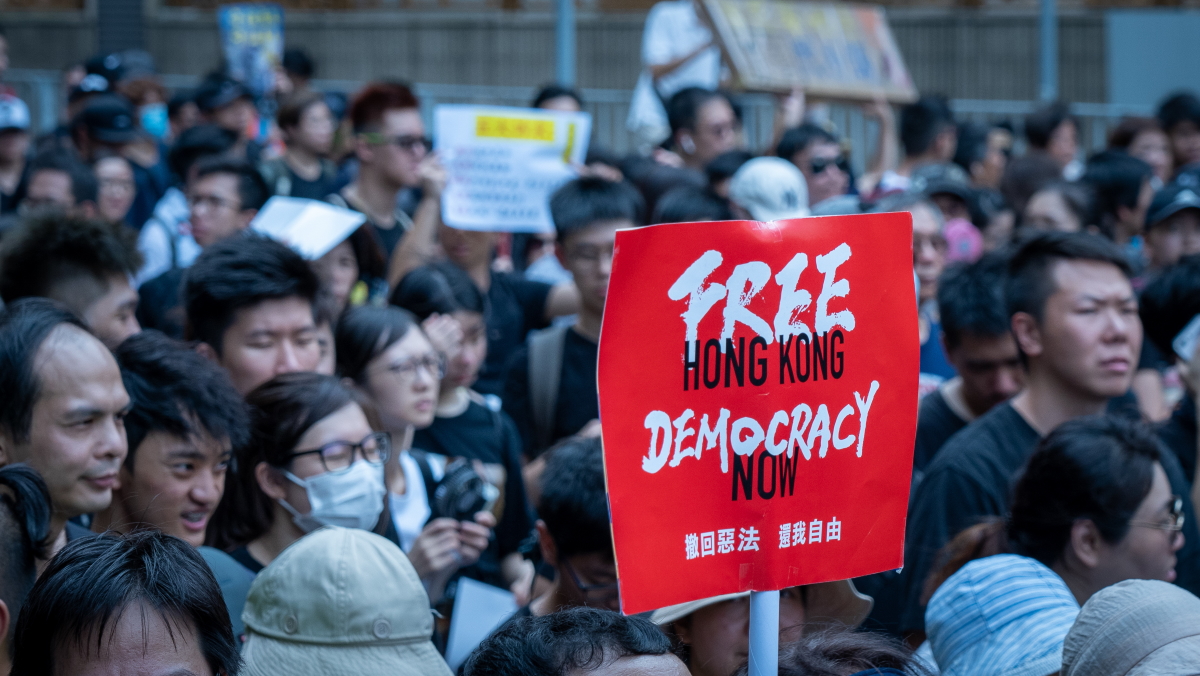China’s National People’s Congress (NPC) has passed a new election law in Hong Kong increasing the pressure on the Special Administrative Region. At the end of the Annual Session in Beijing, China’s Parliament adopted the resolution with 2.895 votes in favour. There were no votes against and one abstention.
After the enactment of the controversial Hong Kong security law last year, experts see the electoral reform as another blow to Hong Kong’s liberal system.
Under the new rules, the election committee responsible for choosing Hong Kong’s Chief Executive will be increased from 1.200 to 1.500 members. With the extra 300 seats, the already dominant pro-Beijing camp is likely to gain even more influence. Hong Kong’s legislative council (Legco) will also be enlarged from 70 to 90 seats. Furthermore, a new “vetting” mechanism will most likely prevent democrats from getting on the Election Committee’s ballot.
China’s parliamentary speaker Wang Chen said that the reforms will “improve” the system and ensure a “transition from chaos to governance”.
New election law: Burying democracy in Hong Kong
Internationally, warnings came in advance that the new election rules would bury democracy in Hong Kong. The EU and the USA see the change as a blatant violation of Hong Kong’s autonomy rights.
The Biden administration condemned the new Chinese laws as assault on democratic institutions in Hong Kong. Secretary of state, Antony Blinken said, the U.S. would continue to impose sanctions over the effort to “quash” democracy.
Jeffrey Wasserstrom, a historian of modern China, told DW: “Until recently, there were political campaigns that different kinds of candidates could run, and legislative sessions in which there was spirited debate between opposing sides. Recent moves inside Hong Kong and now in Beijing have been designed to minimize the space for that sort of political activity.”
The path to one-party autocracy was already paved last year when China introduced the so-called Security Law for Hong Kong. This law allows the authorities to crack down on any activities they deem to threaten China’s national security. It represented the most serious interference in Hong Kong’s autonomy rights, which used to be guaranteed in the Basic Law since 1997.










 Australia
Australia China
China India
India Indonesia
Indonesia Japan
Japan Malaysia
Malaysia Philippines
Philippines Singapore
Singapore South Korea
South Korea Taiwan
Taiwan Thailand
Thailand Vietnam
Vietnam Germany
Germany Hong Kong
Hong Kong USA
USA Switzerland
Switzerland Singapore
Singapore
 United Kingdom
United Kingdom







